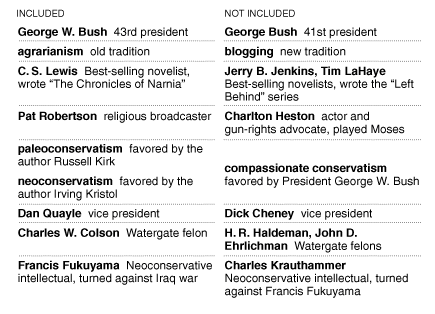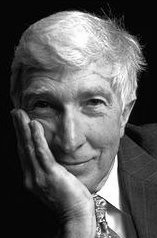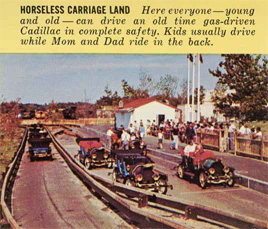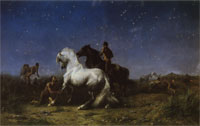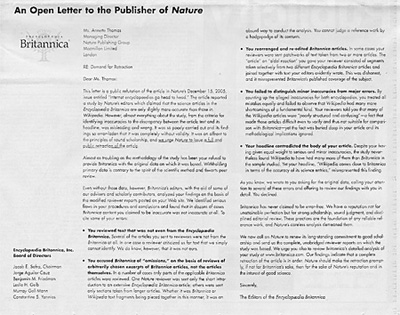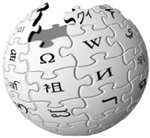The disclaimer on the editorial page of The Onion reads:
“The Onion neither publishes nor accepts letters from its readers. It is The Onion‘s editorial policy that the readers should have no voice whatsoever and that The Onion newspaper shall be solely a one-way conduit of information. The editorial page is reserved for the exclusive use of the newspaper staff to advance whatever opinion or agenda it sees fit, or, in certain cases, for paid advertorials by the business community.”
—Passed by a majority of the editorial board, March 17, 1873.
They’ve had this policy for a long time, though perhaps not since 1873. I remember seeing it (or something very similar) in the first copies of The Onion I saw, picked up during high school trips to Madison in the early 1990s. I liked the text enough to crib it for my first webpage, which has (thankfully) long since dissipated into the mists of the Internet.
I thought it was funny then, and I still do. And at the risk of tearing roses to pieces to find what makes them smell that way: it’s funny, I think, because it’s true. Usually, the mission statement on a newspaper’s editorial page bends over backward to declare that the editorial pages belong in some sense to the readers of the newspapers as well as the editors. But really, a newspaper’s editorial page – or, for that matter, the newspaper – is a one-way conduit for information: the editors, not the reader, choose what appears on it. The Onion‘s statement is bluntly honest about who really controls the press: the owners.
Declaring a website in 1995 to be a “one-way conduit of information” was also true, by and large, although I certainly wasn’t trying to make a grand statement about communication. At that point in time, a website was something that could be read; to make a website that readers could change, you needed to know something about scripting languages. Being, by and large, the same sort of dilettante I remain, I knew nothing about such things.
Ten years on the web allows much more direct two-way communication. Anyone can start a blog, post things, and have readers comment on them. Nobody involved in the process needs even a cursory knowledge of HTML for this to happen – it helps, of course, but it’s not strictly necessary. This is an advance, but I don’t need to say that at this point in time: the year of the blog was 2004.
At the Institute, we’ve been talking with McKenzie Wark, author of A Hacker Manifesto about doing a book-in-process blog, like we’ve been doing with Mitchell Stephens. Over lunch with Wark a couple months back, we asked him why he, very much a man of technology, didn’t have a blog already – everybody else does. His answer was interesting: he prefers the give-and-take of discussions on a list server to the post and response of the blog format. But what most stuck in my mind was his qualification for this: blogs, he suggested, are too proprietary, as they always belong to someone. This inhibits equitable discussion: somebody’s already in charge because they own the discussion forum.
There’s something to Wark’s idea. If I have a blog and post something on it, the text of my post resides somewhere on my server (it’s probably somebody’s else’s server, but it’s still my account). In most blogs, visitor can post comments. But: usually comments have to be approved by a moderator, if only to block spam. And: successful blogs even tend to disable comments entirely , at which point discourse is functionally back at the level of The Onion‘s editorial page. (One might note the recent experience of The Washington Post.) The authority over who is allowed to speak, and the manner in which they speak, belongs to the blog owner, who is usually not a disinterested party, being (generally) part of the conversation.
When you think about this process in terms of conversation, you realize how strange it is. Imagine David and Freddy having a conversation: David speaks freely, but for Freddy to say anything, he has to write it down and submit it to David for his approval before he can actually say it. If anyone else wanted to join the conversation, they’d also have to submit to Freddy’s authority. David’s policy of refusal might vary – he might refuse everything any one else says, he might allow anyone to say anything. But he’s still in charge of the conversation.
A quick navel gazing moment: you might imagine that our blog is an exception to this, as it’s a group blog, and a number of us regularly post on it. We’ve also given people outside of the Institute posting authority – during our discussion of his book, for example, we let Steven Johnson post rather than just having him comment on our posts. But the problem of authority can’t be avoided. You can see it in my words: we’ve “given”, we “let”. It’s ours in a sense.(1) We control who’s given a login. As much as we like you, dear readers, the form in which we’re conversing in enforces a distinction between you & us. Sorry.
The list server model, which Wark prefers, works differently. While there might still be a moderator, the moderator’s usually not part of the conversation being moderated. If David and Freddy are having a conversation, they have to submit what they’re saying to Linda before they can say it. It’s still mediated – and a very odd way to have a conversation! – but it’s not inherently weighted towards one party of the conversation, unless your moderator goes bad. And more importantly: the message is sent to everyone on the list. Everyone gets their own copy: the text can’t be said to belong to any one recipient in particular.
List servers, however more democratic a form they might be than blogs, never took off like blogs.(2) There has never been a Year of the List Server, and one suspects there might never be one. The list server, being email based, tends to be somewhat private; some aren’t even publicly accessible.
Blogs comparatively trumpet themselves: they’re an easy way to announce yourself to the world. This is necessary, useful, and a good part of the reason that they’ve caught on. But what happens once you’ve announced yourself? One would like to believe that when we start blogs, we’re aspiring to conversation, but the form itself would seem to discourage it.
The question remains: how can we have equitable conversations online?
* * * * *
